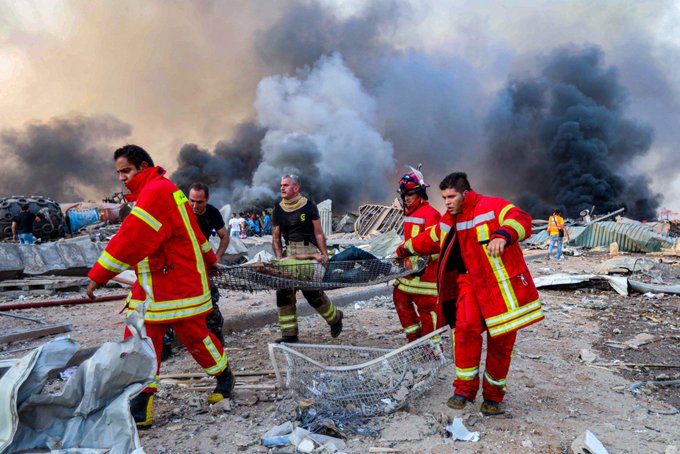
Lebanon Relief Fund
About
Your Donation Supports

Care
CARE staff on the ground report that there are thousands of people sleeping on the streets, with search and rescue missions still ongoing. CARE Lebanon is currently focusing on immediate life-saving aid in the form or food parcels, cash, psychosocial support, and hygiene materials in the first few months. The organization will also provide longer-term assistance to help rebuild, providing shelter rehabilitation through technical support and cash assistance, as well as longer term psychosocial support and resources to help protect against gender-based violence, which can increase after a crisis such as this as tensions increase and thousands are living in temporary and unprotected shelters.
International Rescue Committee (IRC)
The International Rescue Committee (IRC) is responding in the aftermath of a massive explosion that rocked Beirut, Lebanon on Tuesday. The blast killed more than 157 people, injured over 5,000, and displaced hundreds of thousands from their homes. The IRC is concerned that the needs of the most vulnerable, including refugees from Syria, will go unmet as the city struggles to recover from the impact of the explosion. In addition to the catastrophic events of recent days, the Lebanese people have faced an economic collapse and increasing scarcity of food, all made worse by the COVID-19 global pandemic. In a recent survey, the IRC found that 87 percent of households surveyed said that a lack of food was a critical concern for them—and this figure jumped to 97 percent for those with a family member who has a disability. Most have been completely cut off from their sources of income. The IRC is launching an emergency response to provide immediate cash and economic assistance to those impacted and displaced by Tuesday’s explosion in Beirut.

International Medical Corps
International Medical Corps has launched an emergency response, coordinating closely with the government and other responders, to quickly provide help to hospitals, as well as primary and secondary health facilities throughout the city of Beirut. Teams are mobilizing urgently needed supplies and deploying staff from unaffected health facilities to hospitals caring for incoming patients, and are deploying mobile medical units to provide care to affected communities. International Medical Corps is also gearing up to support mental health needs for those affected by this emergency — needs that they expect will grow significantly over time.